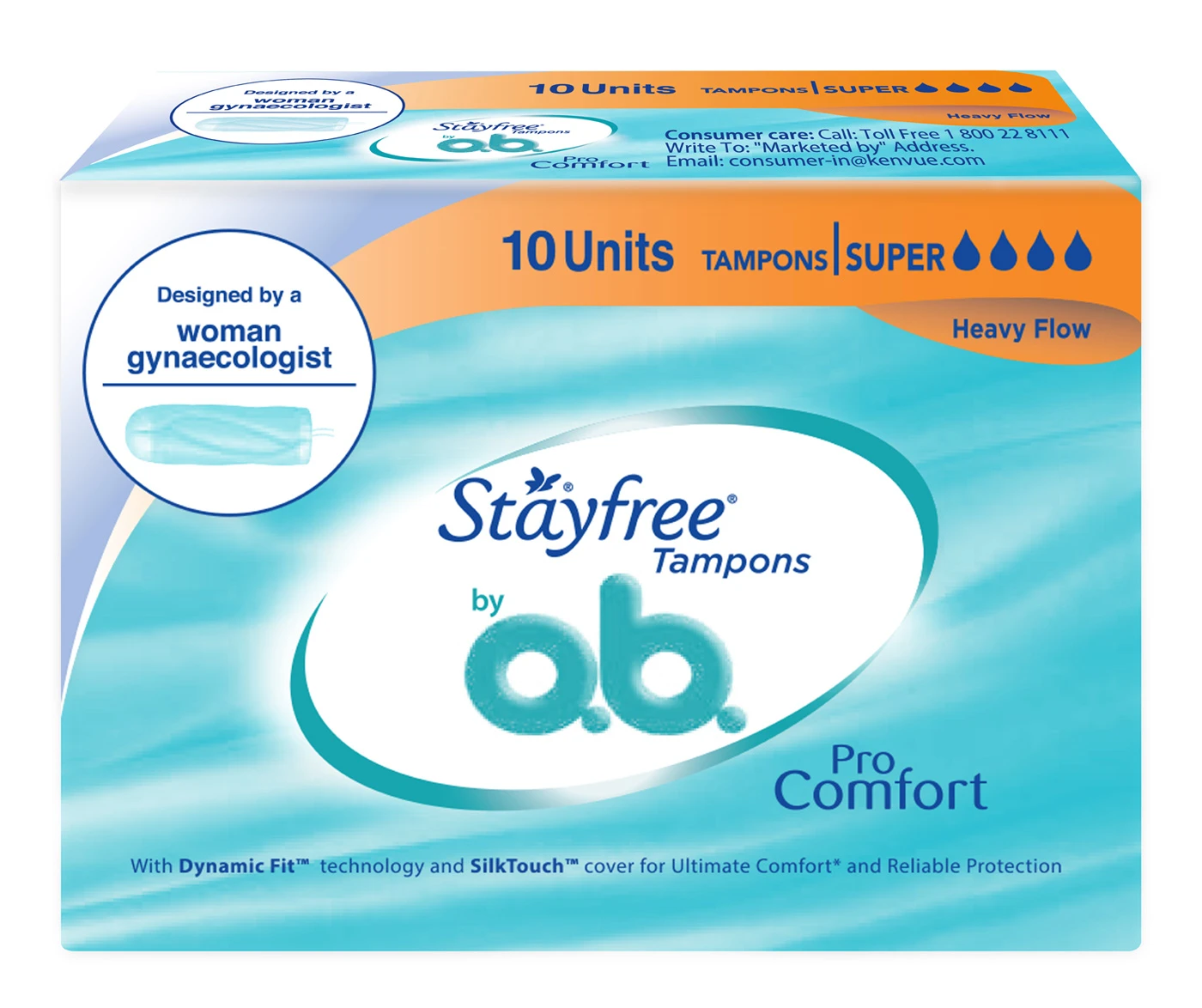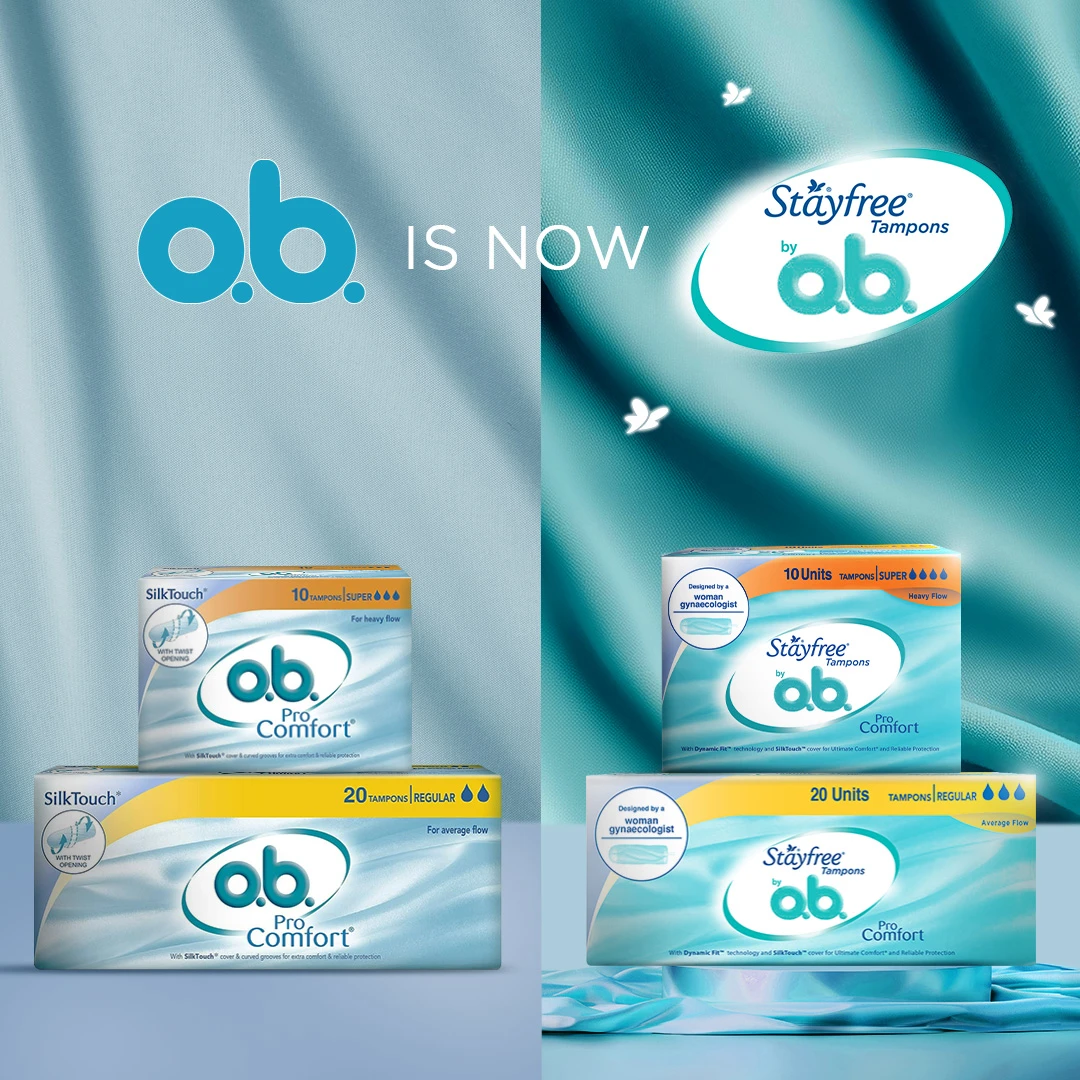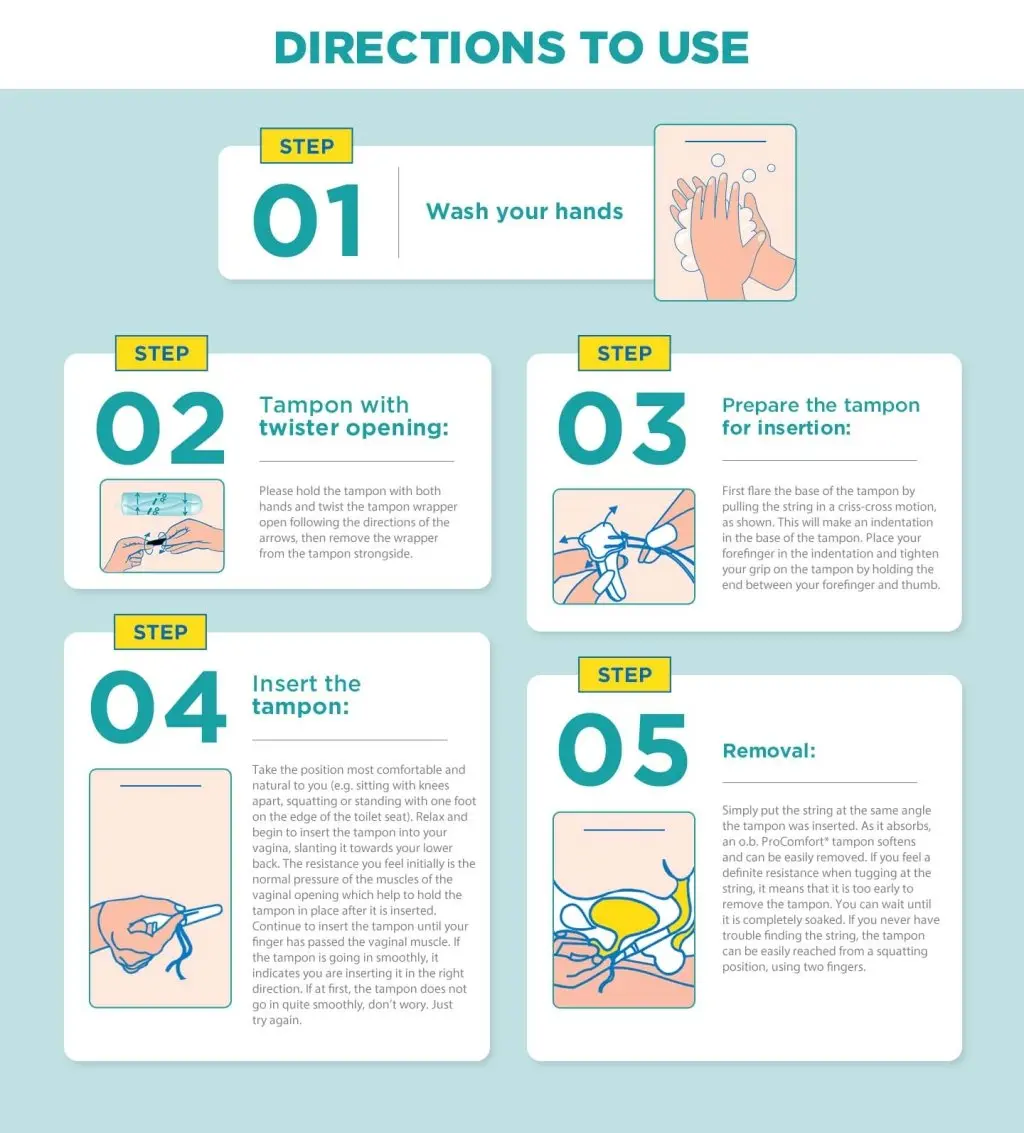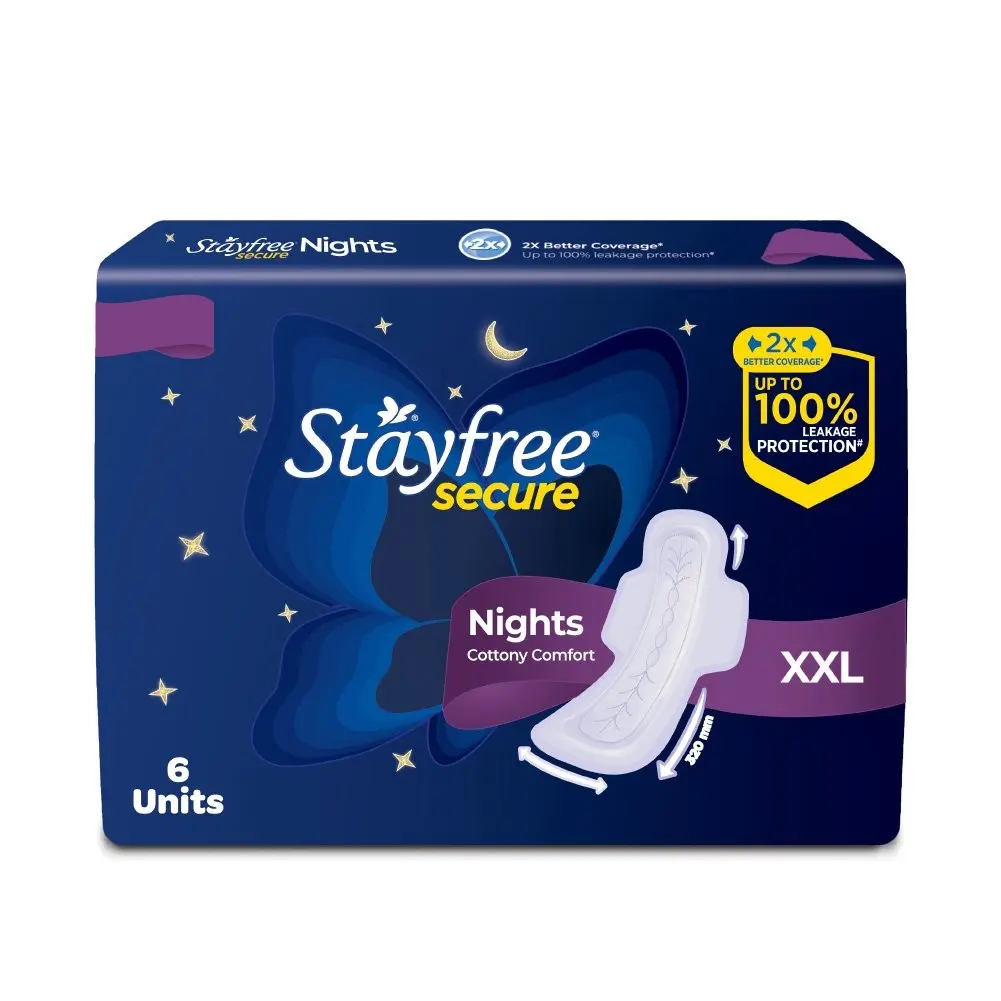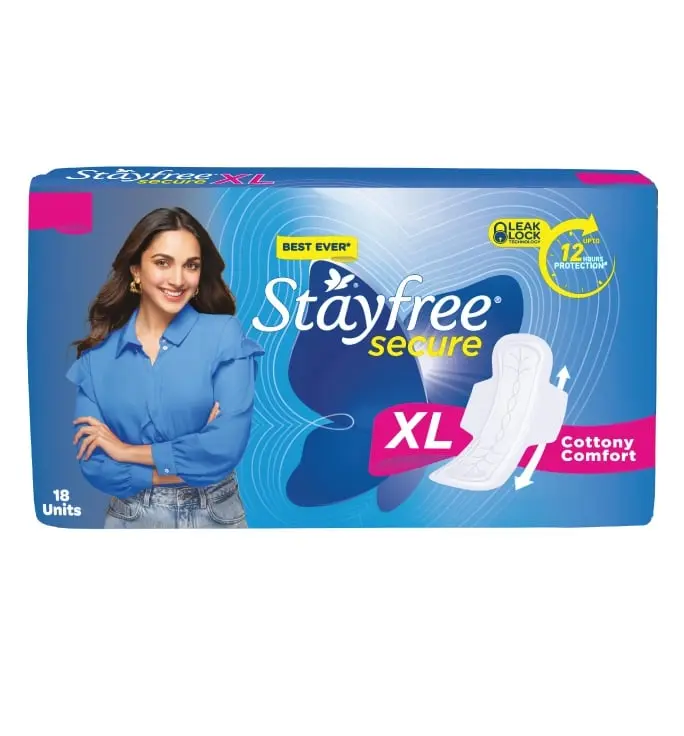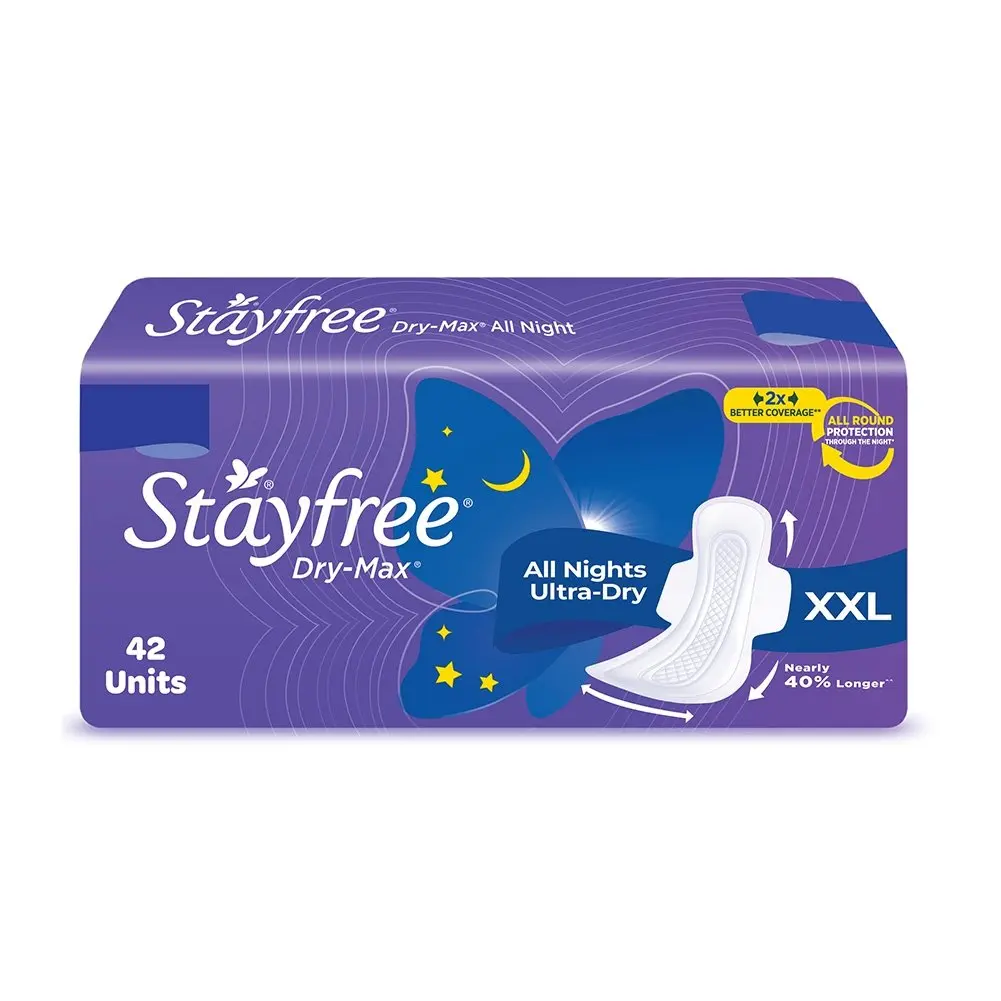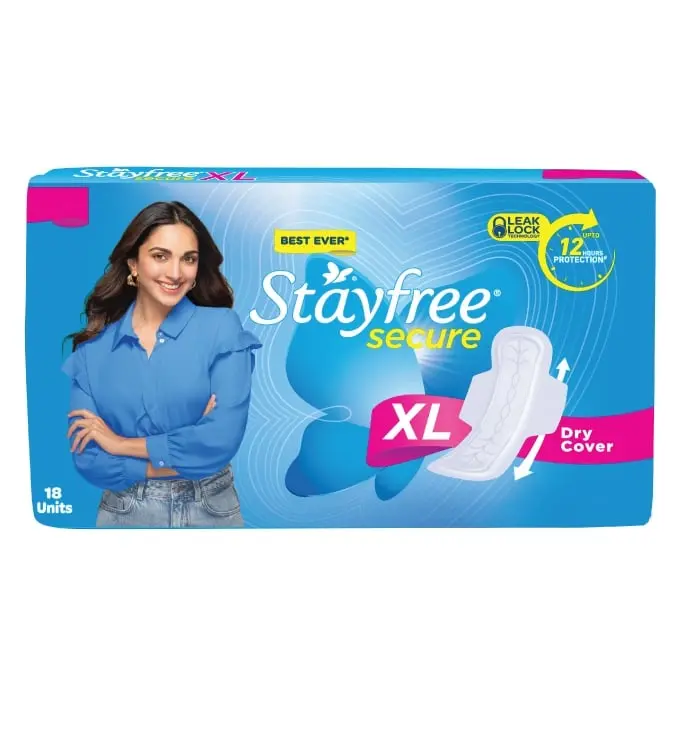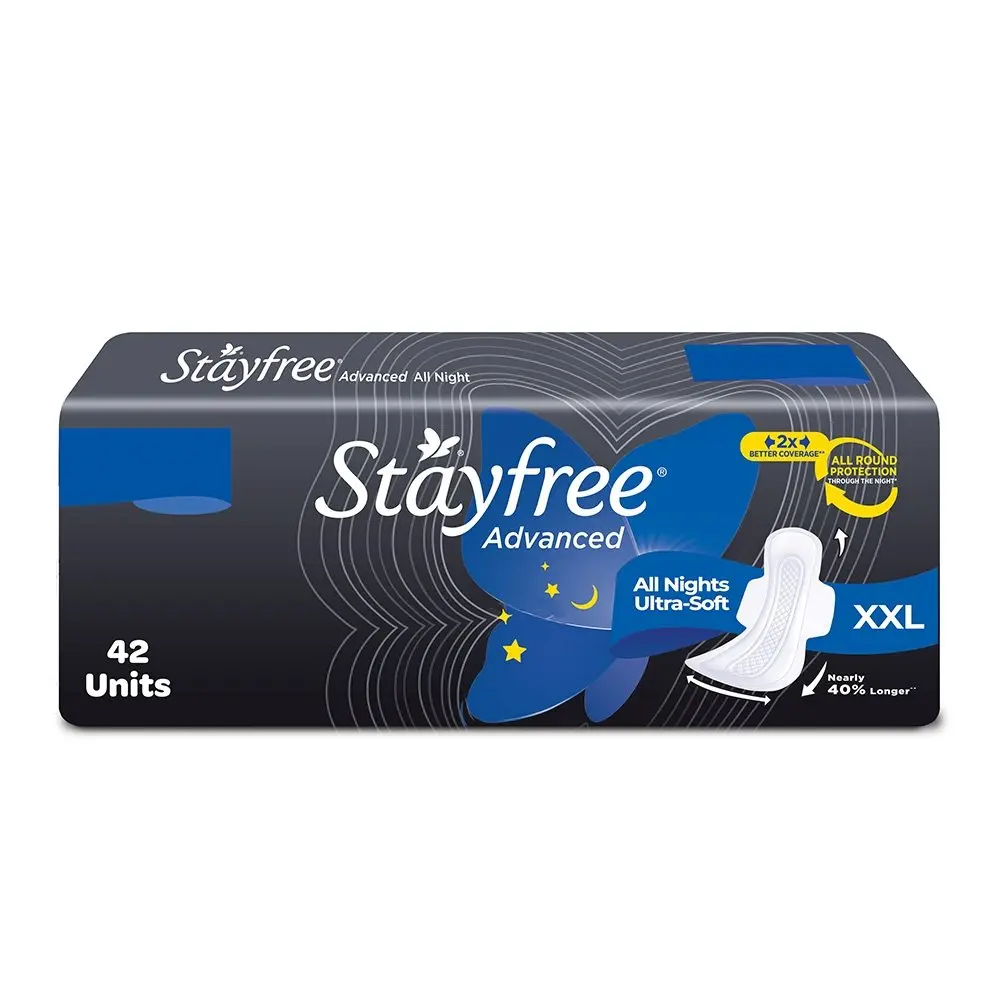Period Basics: Know More
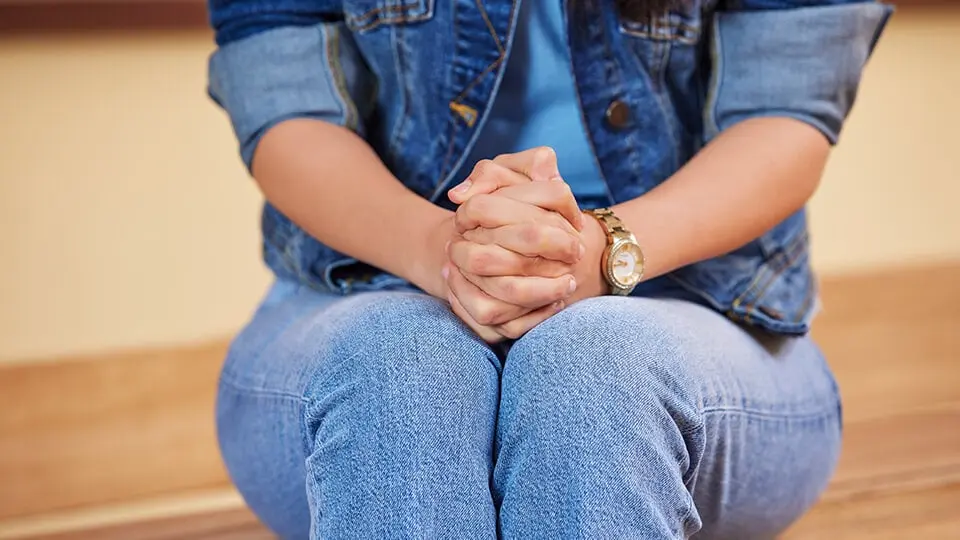
Growing up
Puberty
Puberty is a key stage in the transition from childhood to adulthood. During puberty, your body goes through lots of changes, which happens between ages 10 and 14 for girls.
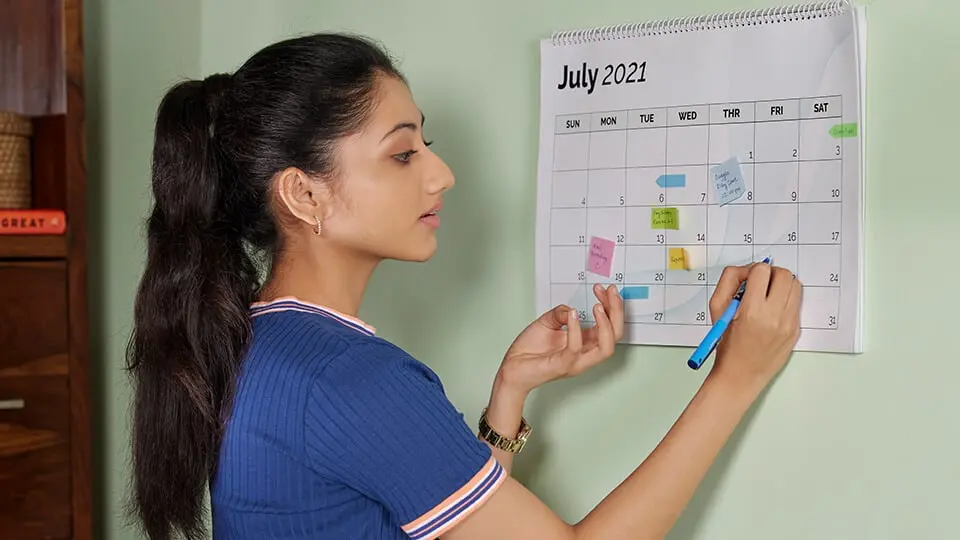
Everything Periods
Menstrual Cycle Stages & More
There are four phases within menstrual cycle and can last between 24 to 38 days. Let's get to know the way each phase can affect you with Stayfree® India.
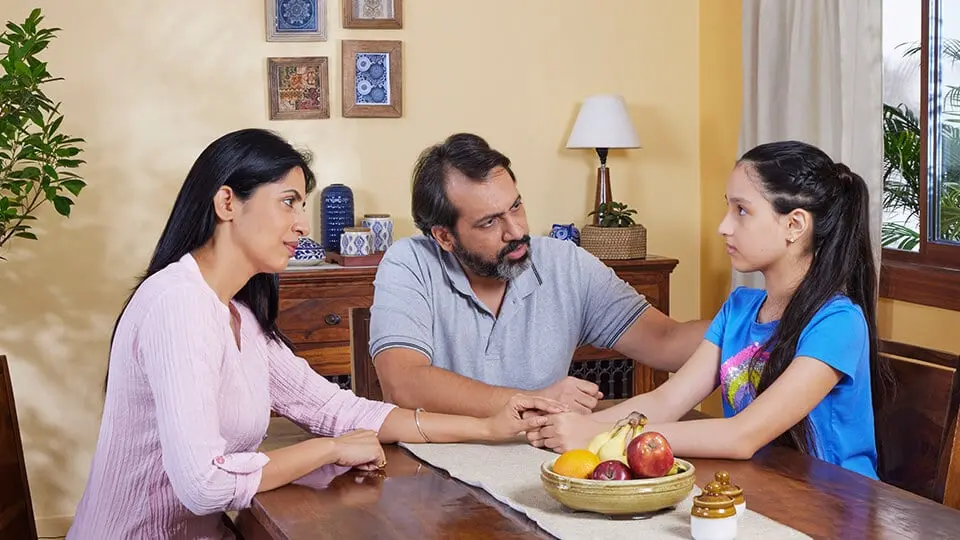
Growing up
Having the period conversation with your daughter
Talk to your daughter that a getting period is normal and healthy. Here are some tips for talking to your daughter about menstruation cycle to break society stigma around period.

